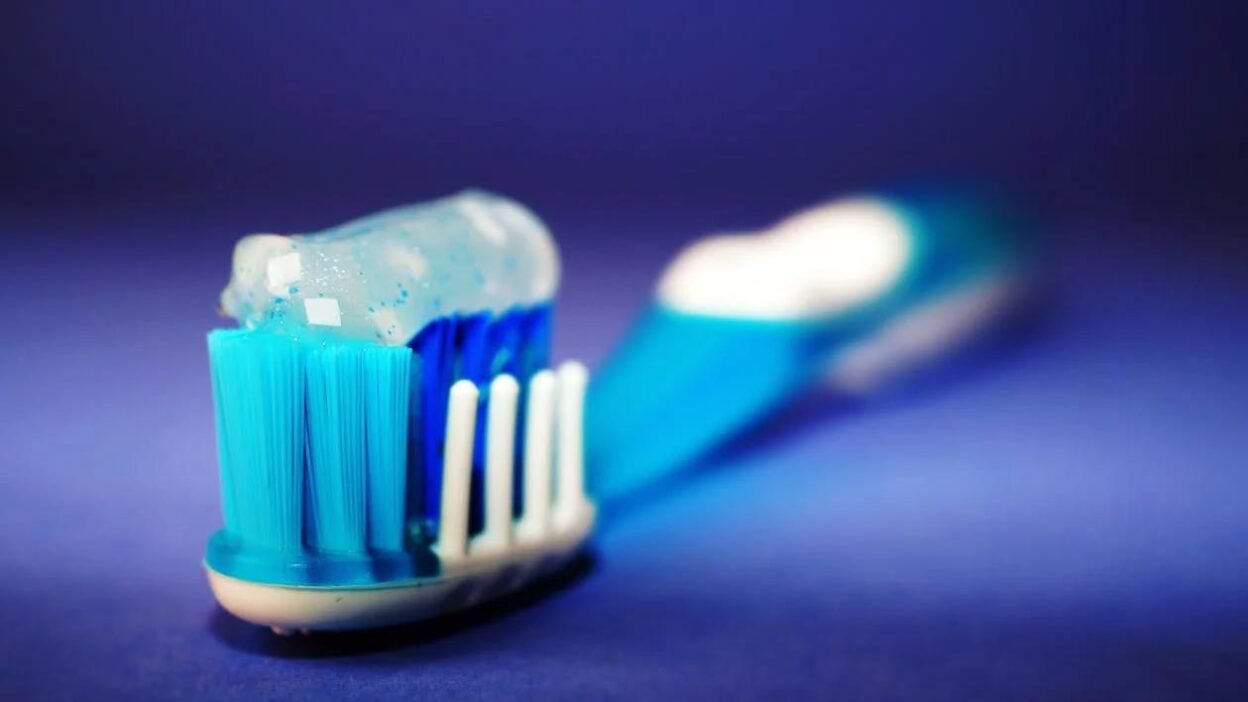Have you ever wondered if skipping that evening brush or delaying your next dental visit could affect more than just your teeth? Many people think of oral health as separate from the rest of the body, but the two are closely linked. The mouth is the entry point to your body, and what happens in your mouth can influence your overall health in more ways than you might expect. Whether you live in Tennessee or anywhere else, understanding this connection is essential.
In this blog, we will share how oral health connects with full-body wellness and why taking care of your mouth is so important.
The Mouth-Body Connection
Your mouth is filled with bacteria—most of it harmless—but when oral hygiene isn’t strong, bacteria can grow out of control. This growth can lead to infections like gum disease, which doesn’t always stay in your mouth. The inflammation caused by gum problems can affect your bloodstream, potentially raising the risk for other health conditions. This connection between oral bacteria and body inflammation is why doctors often stress the importance of daily brushing and flossing.
Moreover, the mouth serves as a mirror of overall health. Conditions like diabetes, vitamin deficiencies, and even osteoporosis can show early signs in the mouth. For instance, diabetic patients are high at risk of gum disease, and those with gum issues may find it difficult to keep blood sugar levels under control.
Gum Health and Chronic Disease Risks
Gum disease—especially in its more serious form, periodontitis—has been linked to a range of long-term health problems. These include heart disease, stroke, and complications with diabetes. For people already managing chronic conditions, ignoring gum health can make things worse.
Koen Orthodontics in Tennessee highlights the value of maintaining oral health as part of a larger wellness routine. Their services focus not just on straightening teeth but also on improving gum health, bite function, and long-term dental stability. By focusing on more than appearances, Koen Orthodontics helps patients lower their risk of gum-related complications and improve their total well-being. Good orthodontic care can also make brushing and flossing easier, which helps reduce bacteria and plaque buildup.
Oral Health and Heart Disease
The connection between oral health and heart disease is one of the most researched areas in this topic. Studies have found that people with gum disease are at higher risk for heart-related conditions. The reason may be linked to inflammation. When you have inflamed gums, bacteria can enter the bloodstream and trigger swelling in different parts of your body, including the heart’s blood vessels. This may lead to narrow arteries, which increases the chance of heart attacks.
Taking care of your teeth and gums isn’t just about avoiding cavities—it could be a way to protect your heart. Regular dental cleanings and good brushing habits reduce harmful bacteria and lower your risk of gum inflammation. By focusing on your oral care, you’re also doing something meaningful for your cardiovascular system. It’s one more reason to make those dental appointments a priority.
Impact on Mental Health and Confidence
Your smile affects how you feel about yourself. When your teeth are healthy and clean, you’re more likely to smile, laugh, and feel comfortable in social settings. But oral health problems—like bad breath, stained teeth, or missing teeth—can take a toll on your confidence. This can lead to stress, anxiety, or even depression, especially if you start avoiding people or events because of embarrassment.
There’s also a growing connection between mental health and oral care habits. People struggling with depression or anxiety may neglect brushing or miss dental visits. Over time, this can lead to more serious problems like gum disease or tooth decay. Supporting mental health also means supporting routines that promote physical care, including brushing twice a day and keeping up with dental checkups.
How Oral Health Affects Digestion
Digestion starts in the mouth. When you chew food properly, your saliva begins to break it down, making it easier for your stomach and intestines to process it. Poor oral health—such as missing teeth, painful gums, or ill-fitting dental work—can make chewing uncomfortable. This might cause you to swallow large pieces of food, which puts extra strain on your digestive system.
People with dental problems might also avoid certain healthy foods, like crunchy vegetables or chewy proteins, because they’re hard to eat. This can lead to poor nutrition and digestive trouble. Taking care of your teeth helps you eat a variety of foods with comfort, giving your body the nutrients it needs to stay healthy. Simple habits like brushing, flossing, and dental visits support your digestive health in ways you might not have thought about.
The Link Between Oral Health and Pregnancy
Pregnancy changes many things in the body, including how the gums respond to bacteria. Pregnant women are more likely to develop gum issues, like pregnancy gingivitis, due to hormone shifts. If left untreated, this gum inflammation can become more serious. Some studies have even found links between gum disease and preterm birth or low birth weight. This makes oral care especially important for expecting mothers.
Pregnant women should not skip their dental appointments. Regular cleanings can help control bacteria and reduce inflammation. Dentists can also provide tips for managing common pregnancy symptoms like nausea, which may affect how often or how well someone brushes. Keeping up with dental care during pregnancy supports not only the mother’s health but also the baby’s.
In conclusion, taking care of your mouth is about much more than a clean smile. It plays a key role in your physical, mental, and even emotional well-being. From your heart to your digestion, from your mood to your confidence, oral health touches every part of your life. The habits you build around brushing, flossing, and seeing your dentist are investments in your future health. So, the next time you think about skipping that brush before bed, remember—it’s not just your teeth you’re caring for. It’s your whole body.



